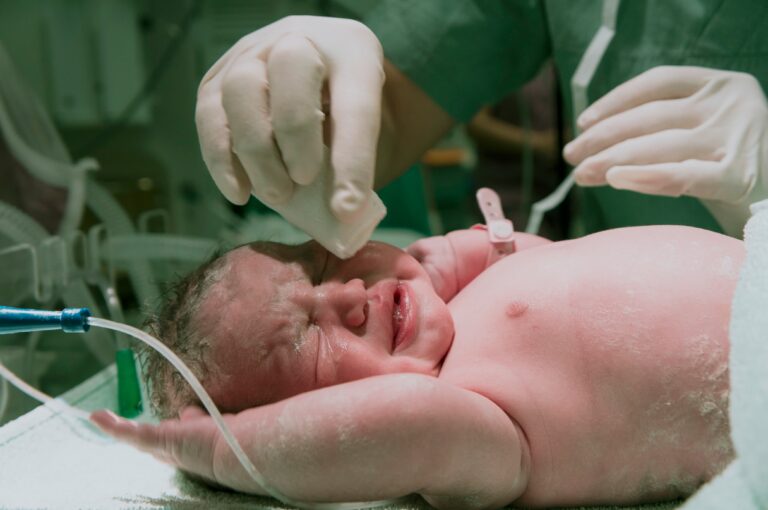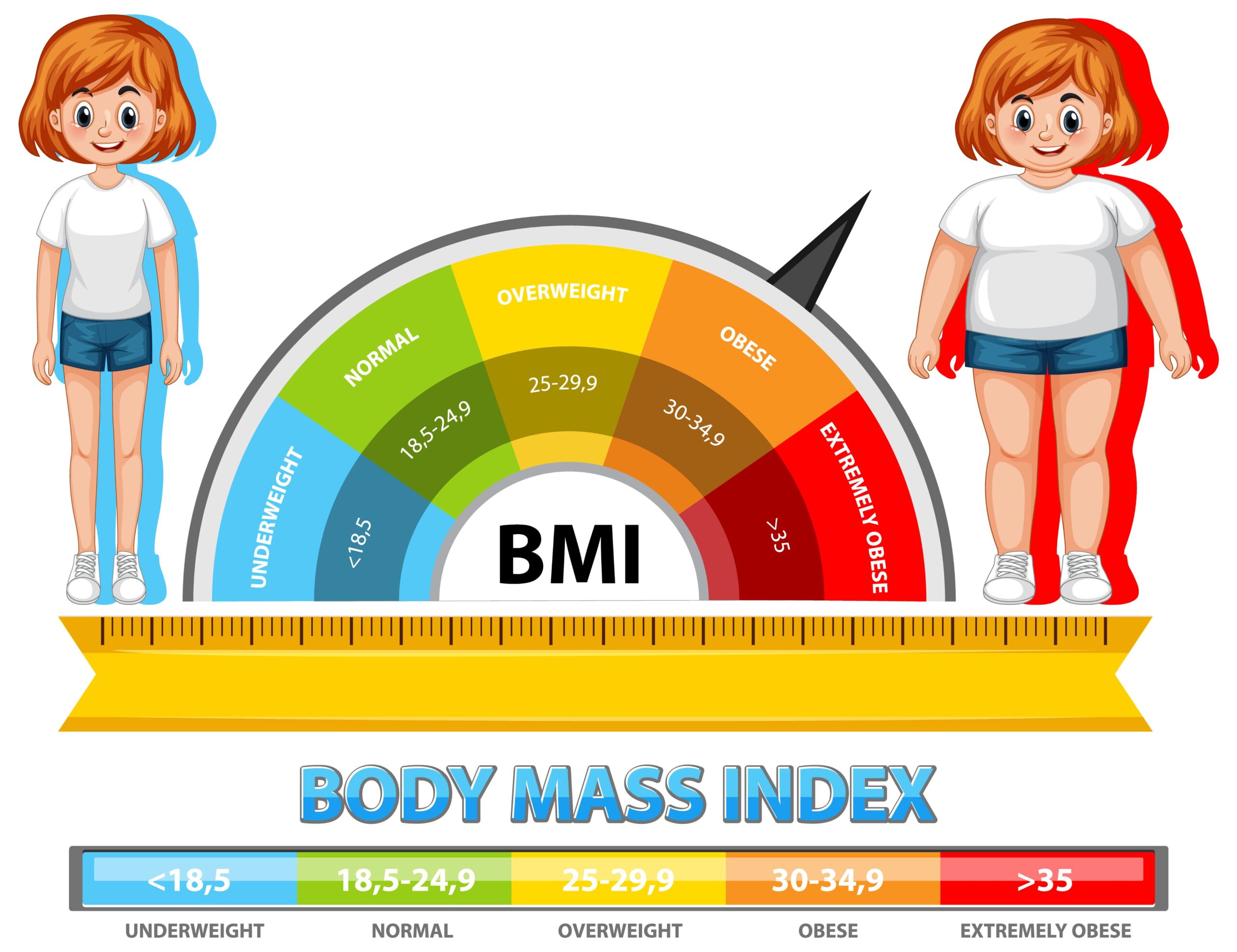Why My Baby Vomits After Feeding
Understanding the Difference: Vomiting vs. Spitting Up
Vomiting in babies is the forceful expulsion of stomach contents. It’s more intense than spitting up and can shoot out several feet from the baby. Vomiting can be a sign of something more serious, such as an infection, gastroesophageal reflux disease (GERD), or an allergy, and it often leaves babies feeling upset or uncomfortable.
Spitting Up, on the other hand, is a gentle flow of stomach contents and usually happens shortly after feeding. It’s a common occurrence in babies, affecting more than half of all newborns. Spitting up is typically related to their liquid diet, immature digestive systems, and the fact that they spend a lot of time lying down. It’s less forceful than vomiting and doesn’t involve retching or discomfort.
Key Differences to Note
Volume: Vomiting involves a larger volume of stomach contents than spitting up.
Force: Vomiting is forceful, while spitting up is gentle and often seen as a burp with liquid coming out.
Baby’s Reaction: Babies usually appear distressed when vomiting but are typically content or indifferent when spitting up.
Frequency and Timing: Vomiting can occur at any time and might not be directly related to feedings, while spitting up often occurs shortly after eating.
Understanding these differences is crucial for parents as it helps in determining the next steps to take, whether it’s adjusting feeding techniques or seeking medical advice. Recognizing the signs of vomiting and distinguishing them from spitting up can prevent unnecessary worries and ensure that babies receive the right care when they need it.
Tips for Preventing and Managing Vomiting Post-Feeding
1. Proper Burping Techniques
Why It’s Important: Burping helps release air swallowed during feeding, which can reduce discomfort and vomiting.
Technique: Hold your baby upright against your chest, leaning slightly forward, and gently pat or rub their back. You can also try laying your baby across your lap on their belly and patting their back.
Timing: Aim to burp your baby during and after each feeding. If bottle-feeding, every 2-3 ounces (60-90 ml) is a good interval; if breastfeeding, try burping when switching breasts.
2. Adjusting Feeding Positions
Elevation: Keep your baby’s head higher than their stomach during feeding. This position helps prevent the milk from coming back up.
Post-Feeding: Avoid laying your baby down immediately after feeding. Keeping them upright for at least 20-30 minutes can help minimize vomiting.
3. Monitoring Milk Intake
Overfeeding: Feeding too much can cause your baby to vomit. Learn to recognize your baby’s “full” signals and avoid forcing them to finish the bottle or breastfeed longer than they want.
Pace Feeding: For bottle-fed babies, consider pace feeding, which allows your baby to control the flow of milk and take breaks as needed.
4. Introduction of Solids
Timing: The introduction of solid foods should be according to your pediatrician’s advice, typically around 6 months old.
Impact on Vomiting: Solids change the consistency of stomach contents and may reduce the frequency of vomiting. Start with small amounts and observe how your baby tolerates it.
5. Recognizing Signs for Medical Attention
Persistent Vomiting: If your baby continues to vomit frequently over several feedings, it’s time to consult a doctor.
Associated Symptoms: Be vigilant about other signs such as fever, diarrhea, or signs of dehydration (e.g., fewer wet diapers).
6. Comfort and Calmness During Feeding
Environment: A calm and quiet feeding environment can help reduce feeding-related stress for both you and your baby, potentially minimizing the risk of vomiting.
Implementing these tips can significantly improve your baby’s comfort during and after feeding, reducing the likelihood of vomiting. Remember, each baby is unique, and what works for one may not work for another. Observation and adaptation to your baby’s cues are key to finding the best approach to minimize vomiting post-feeding.
When to Consult a Pediatrician and What Signs to Watch For
Persistent Vomiting
If your baby vomits after every feeding or the vomiting persists across multiple feedings, it’s time to see a pediatrician. Persistent vomiting could indicate an underlying condition that needs medical evaluation.
Symptoms of Dehydration
Dehydration is a concern with frequent vomiting. Signs include fewer wet diapers (less than six in 24 hours), dry mouth, no tears when crying, and lethargy. Dehydrated babies need immediate medical attention.
Vomiting Accompanied by Fever or Diarrhea
Fever or diarrhea in addition to vomiting can be signs of an infection or other serious condition. This combination of symptoms warrants a prompt visit to the pediatrician.
Blood or Bile in the Vomit
The presence of blood (which might look like coffee grounds) or green bile in the vomit is a red flag. These symptoms require immediate medical evaluation as they could indicate a more serious condition.
Failure to Gain Weight or Loss of Weight
If vomiting is affecting your baby’s ability to gain weight or causing weight loss, consult your pediatrician. This could indicate that your baby is not retaining enough nutrients from their feedings.
Signs of a Food Allergy or Intolerance
Symptoms such as hives, a rash around the mouth or elsewhere, coughing, wheezing, or distress after feeding could indicate a food allergy or intolerance. Discuss these symptoms with your pediatrician for potential dietary changes or tests.
Behavioral Changes
If your baby appears more irritable, lethargic, or less responsive than usual, these could be signs of an underlying issue related to vomiting or another condition.
Projective Vomiting
Vomiting that is forceful or projectile, especially if it occurs consistently, can be a sign of pyloric stenosis, a condition that usually requires surgical treatment.
Conclusion
Recognizing when vomiting is a sign of a more serious condition and understanding when to seek medical help is essential for the health and well-being of your baby. Always err on the side of caution and consult with a healthcare professional if you have any concerns about your baby’s vomiting patterns. Remember, parents know their babies best. Trust your instincts and do not hesitate to seek medical advice when something does not feel right.







